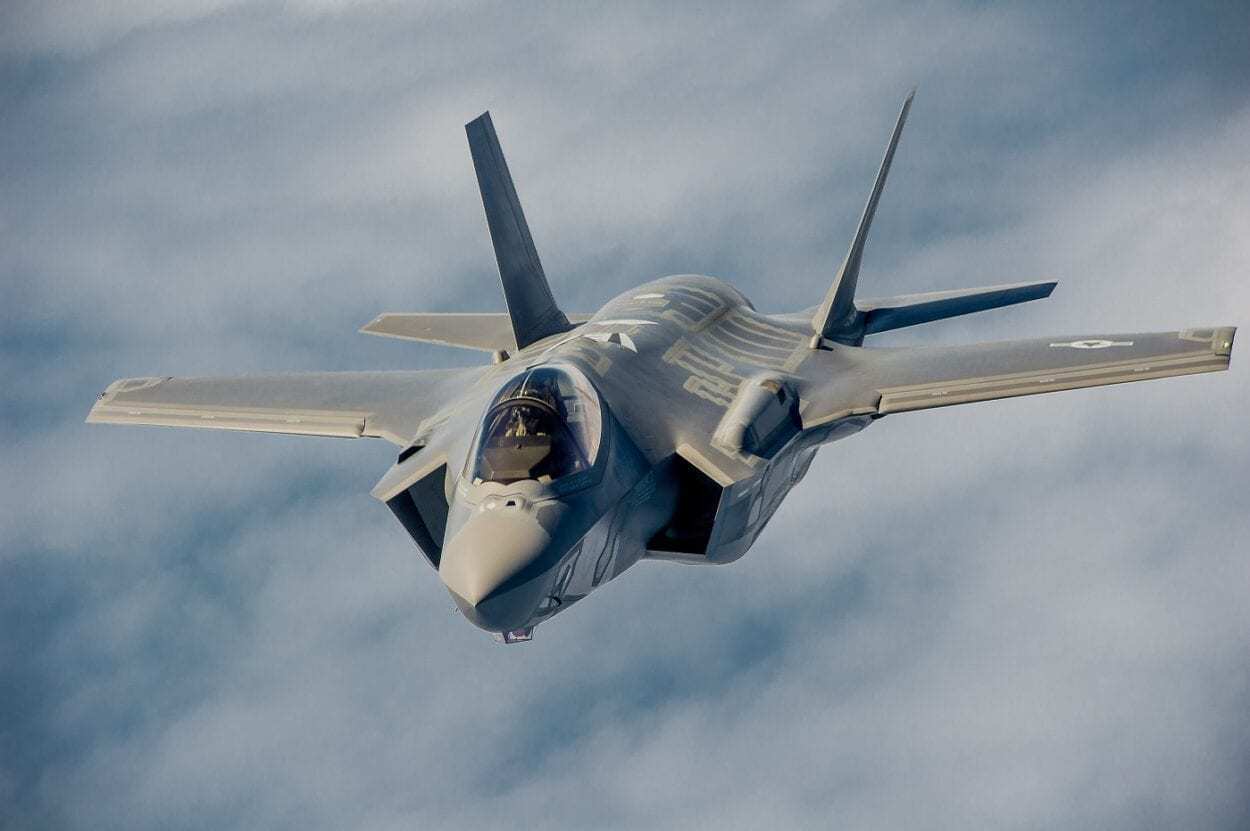In light or Israel’s recent comments that it would oppose an F-35 sale to the UAE and my recent interview with AEI’s Michael Rubin on the subject, I decided to dig a little deeper. Here is a short interview I did with Dan Goure, a Senior Vice President at the Lexington Institute, on the possible purchase, who else would love to by the F-35 and the always popular topic of what comes next in fighter technology and procurement:
First, for those who might not be familiar or don’t come from a defense background, what makes the F-35 Joint Strike Fighter (JSF) so special? Why would the UAE want to purchase it?
The F-35’s low-observable characteristics make it possible for the aircraft to survive and prevail in high threat environments. But “stealthiness” is but one feature of the F-35. Its sensor suite allows it to see enemy aircraft and detect ground targets while remaining hidden. This allowed the JSF to achieve kill ratios of 15 to 1 or better in recent Red Flag exercises. The JSF also has inherent EW capabilities which, because of its stealth features, allows the aircraft to operate as a stand-in jammer. F-35s today can share their operating picture with each other. Soon they will be able to securely pass this information to so-called fourth-generation aircraft and even forces on land and sea. As a result, the F-35 will be able to operate as an “unseen” forward sensor for long-range fires and air and missile defense forces.
Israel seems pretty upset over the potential F-35 sale. However, Israel has a very specially modified version of the F-35. Do you feel their concerns are justified? What could Washington do to further enhance Israel’s military advantages if the sale were to move forward?
Israel has a right to be concerned, in theory. However, there are a number of factors that can be put in place to mitigate their concerns. The US can control the number and sophistication of the black-boxed that go into the UAE F-35s. It can limit the weapons that will be made available. Also, the F-35 architecture is built around period software drops that add the ability to employ new weapons and perform other new actions. The program is currently working on the 3F software block. By limiting or delaying the UAE’s access to new software, Israel’s advantage can be maintained.
Are there any other nations that Washington could open F-35 sales to in the future that might not be part of the program or should open the program to?
India is one country that should be considered for future F-35 sales. China has deployed its “stealth” fighter to the India-Tibet border region. India’s Air Force is woefully antiquated. The F-35 would create a balance of power in South Asia. Germany should be encouraged to acquire the F-35 for its nuclear delivery mission. The Luftwaffe’s Jaguar will go out of business by 2030 with no credible survivable option in the offing. Germany hopes for a fifth-generation aircraft in the 2040s but that is a pipe dream.
Finally, there are always constant rumors about a 6th generation fighter jet. What, in your view, would be the top capability any new fighter jet would need to have to be viable?
Standoff range, computing/sensor capacity, and the ability to manage adjunct weapons/drones are three highly desirable characteristics for a 6th generation aircraft. There is a limit to stealthiness and signature masking. So being able to maneuver from outside enemy sensor range, use electronic warfare and special weapons to attack targets at long-ranges will be critical for a sixth-generation aircraft. The F-35 demonstrates that the era of dogfighting is over.

